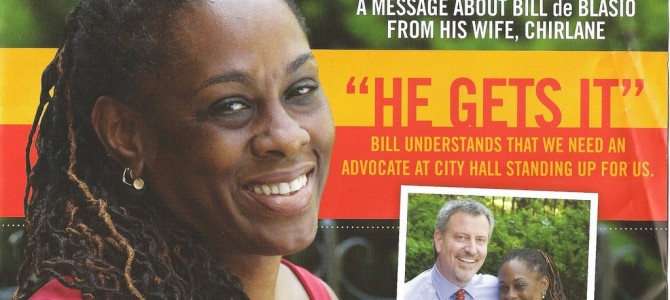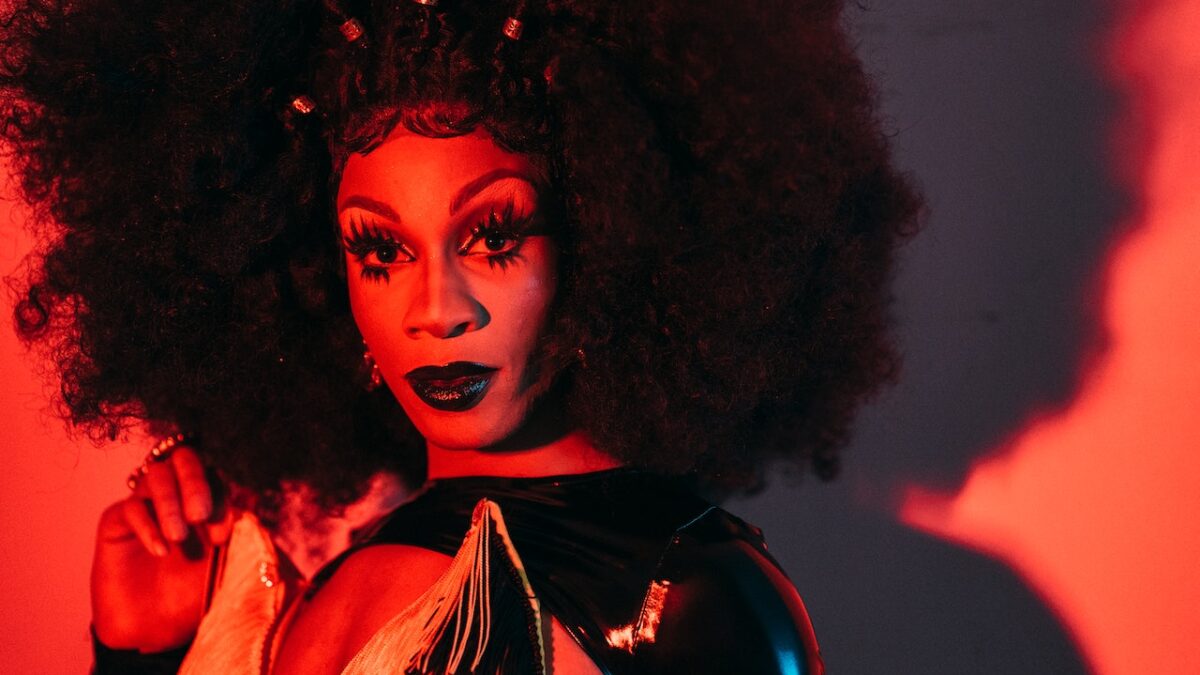New York is up in arms. Amidst a fawning and largely unremarkable New York magazine cover story, the First Lady of New York City, Chirlane McCray, acknowledged that her transition to motherhood was rocky. That single paragraph launched a round of attack and counter-attack, including Mayor de Blasio’s demanding that the New York Postand Daily News apologize for calling his wife a bad mother, the National Organization for Women’s decrying critics for “mom-shaming,” and Al Sharpton’s bemoaning that the Post does “not even hold motherhood to be sacred.”
Countering those strong words are the publications’ defenders, noting that detractors’ comments stem from McCray’s own words. That may be true, but her remarks are notably brief, merely grazing subjects about which most mothers could fill a book:
I was 40 years old. I had a life. Especially with Chiara—will we feel guilt forever more? Of course, yes. But the truth is, I could not spend every day with her. I didn’t want to do that. I looked for all kinds of reason not to do it. I love her. I have thousands of photos of her—every 1-month birthday, 2-month birthday. But I’ve been working since I was 14, and that part of me is me. It took a long time for me to get into ‘I’m taking care of kids,’ and what that means.
The ensuing charges seem overblown in both directions. After all, McCray’s comments are so vague, they demand clarification. Yet, McCray’s interviewer either didn’t think to probe, or held her tongue, lest she jeopardize her access to Team de Blasio. It’s a shame, since that’s the highlight of the interview; it’s also totally incomplete. Partisans on both sides are now fighting over a sound bite that must be teased out if we want to know what McCray really believes, because we still don’t.
When McCray says she “could not spend every day with [Chiara, her older child],” is that an allusion to her continuing to work? Many mothers work outside of their homes. Jobs offer pay checks, professional gratification, and the company of highly verbal adults. Most women find those things appealing, and if McCray had already worked for over two decades, relinquishing those things could have felt like an enormous sacrifice.
Further, what does McCray mean when she says it took her “a long time” to embrace becoming a mom? Is she talking weeks, months, or years? What did her days look like when she was ambivalent about motherhood, as opposed to later, since she eventually adapted?
Motherhood is not the easiest transition for a woman who has spent her whole adulthood working. I should know. In spite of planning for the role for many years, it was still a shock to my system when I traded full-time office work for days at home with an infant. Like McCray, I had been a political speechwriter, accustomed to writing interesting assignments on incredibly tight deadlines. I enjoyed my work, the intensity, and the camaraderie of my team.
Stay-at-home motherhood was completely different. My schedule was suddenly dictated by my infant’s needs. There was no coffee or lunch break. Until my daughter began smiling around six-weeks-old, I had zero feedback, save her crying. It was tough, as was watching other mothers put maternity leave behind them. It took some time for the fear of being left behind professionally to dissipate.
My daily existence became both easier and more enjoyable as my daughter interacted more. I accepted that the rhythm of my new life didn’t resemble that of my old life. I didn’t accomplish nearly as much in any given day, but that was alright. My new primary goal was ensuring that my daughter was happy and well cared for each day. She was, and that became my new sense of accomplishment. By extension, my new identity as both a woman and mother didn’t blossom instantaneously, but it undoubtedly did.
Now three years into parenthood, I know who I am and truly enjoy my new life. I know my experience isn’t universal, though.
New York reports that “McCray had always imagined a life with children.” But before de Blasio, McCray had identified as a lesbian in an era when few became mothers, so she may not have spent years anticipating motherhood as I did. I would then understand if she initially felt surprised or overwhelmed by the reality. That doesn’t make McCray a bad mother. It simply makes her the star of an unsatisfying and unfinished interview.
Melissa Langsam Braunstein, a former U.S. Department of State speechwriter, is a freelance writer in Washington, DC.









